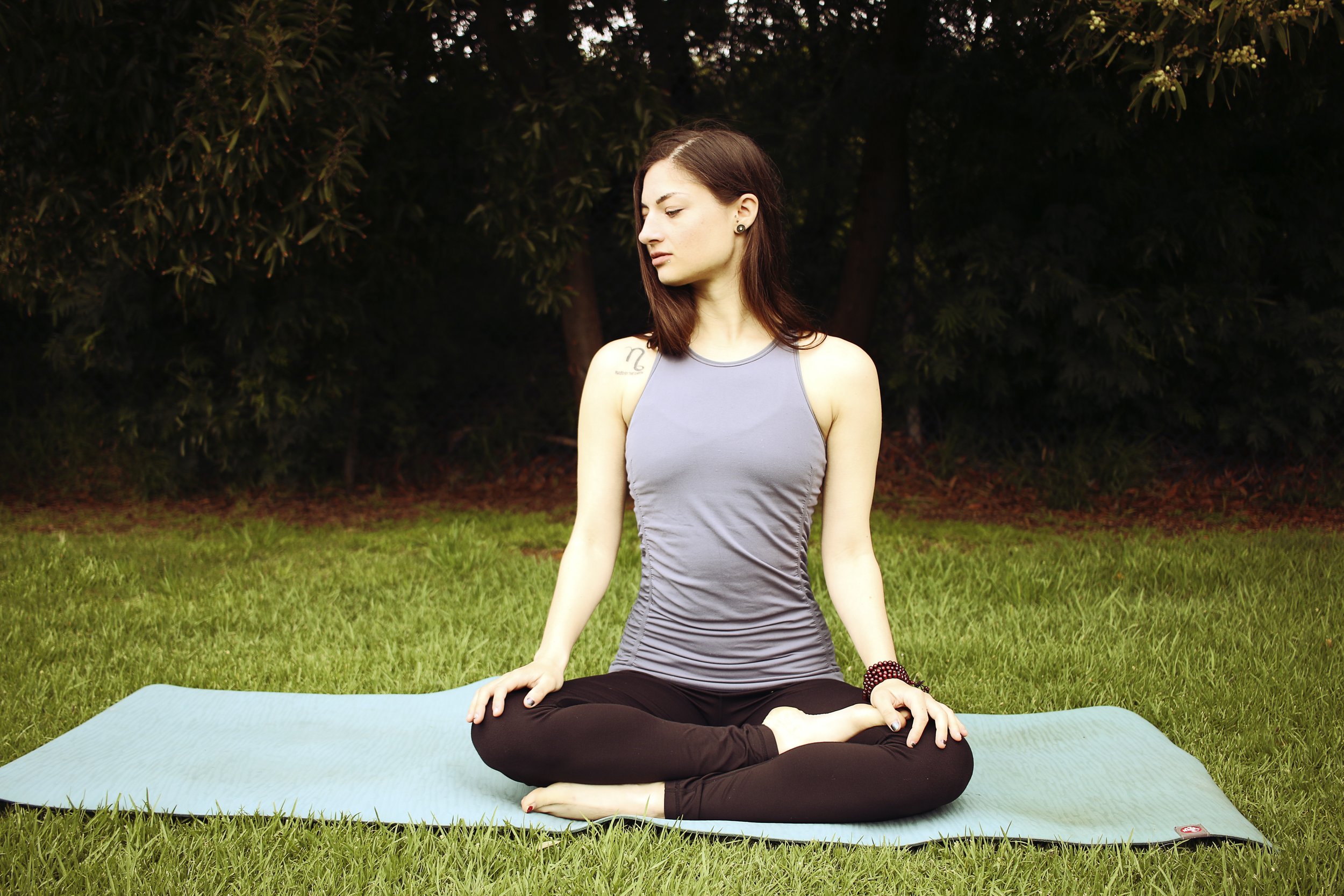Decreased Stress and Anxiety
According to American Psychological Association, “MBCT is an eight-week, group-based program that incorporates mindfulness exercises including yoga, body awareness and daily homework, such as eating or doing household chores, with full attention to what one is doing, moment by moment.” Mindfulness-based cognitive therapy (MBCT) combines elements from mindfulness-based stress reduction (MBSR) and cognitive behavioral therapy (CBT). Being mindful makes it easier to savor the pleasures in life as they occur, helps you become fully engaged in activities, and creates a greater capacity to deal with adverse events. By focusing on the here and now, many people who practice mindfulness find that they are less likely to get caught up in worries about the future or regrets over the past, are less preoccupied with concerns about success and self-esteem, and are better able to form deep connections with others.
Ability to Deal with Illness
In recent years, psychotherapists have turned to mindfulness meditation as a critical element in the treatment of a number of problems, including: depression, substance abuse, eating disorders, couples’ conflicts, anxiety disorders, and obsessive-compulsive disorder.
Increase Body Acceptance
Body Anxiety is a major source of suffering among women of all ages. If greater well-being isn’t enough of an incentive, scientists have discovered that mindfulness techniques help improve physical health in a number of ways. It can help relieve stress, treat heart disease, lower blood pressure, reduce chronic pain, improve sleep, and alleviate gastrointestinal difficulties.
When you induce a state of total relaxation, which can be achieved through mindfulness meditation, yoga or other activities, you can obtain the benefits that include:



